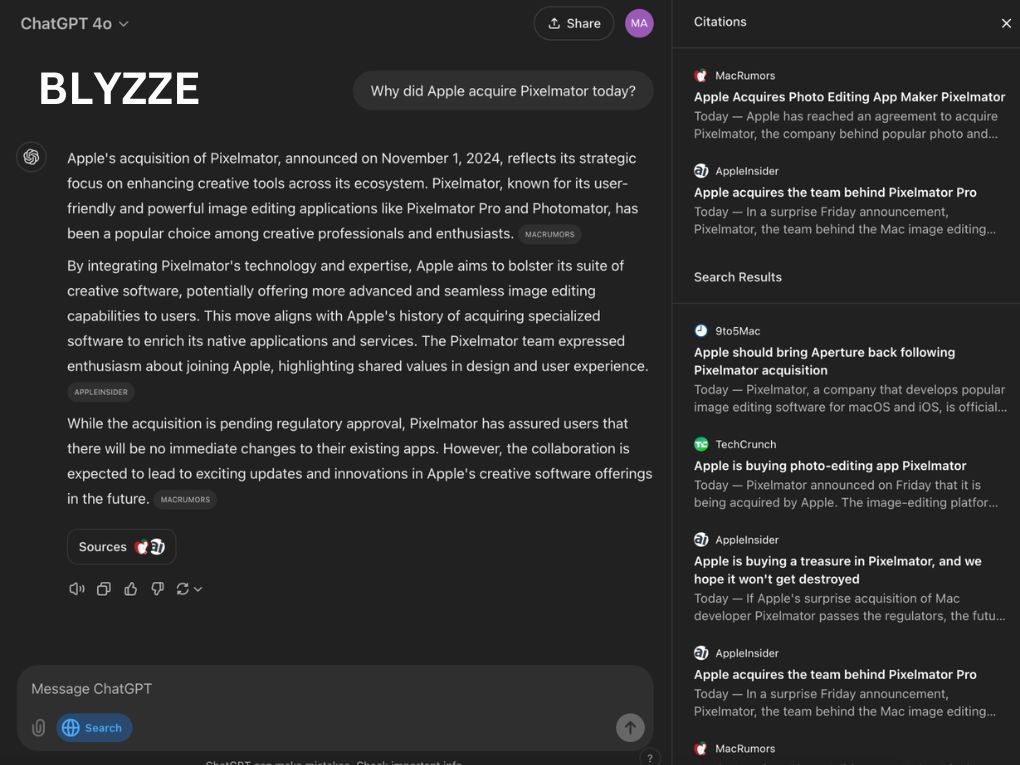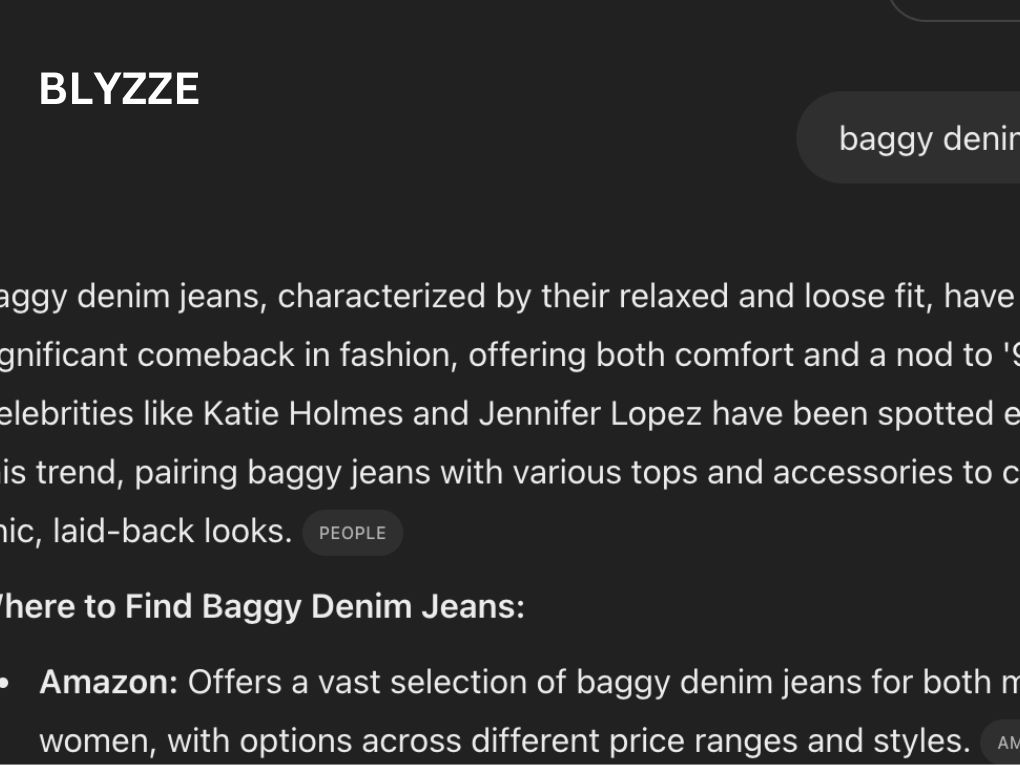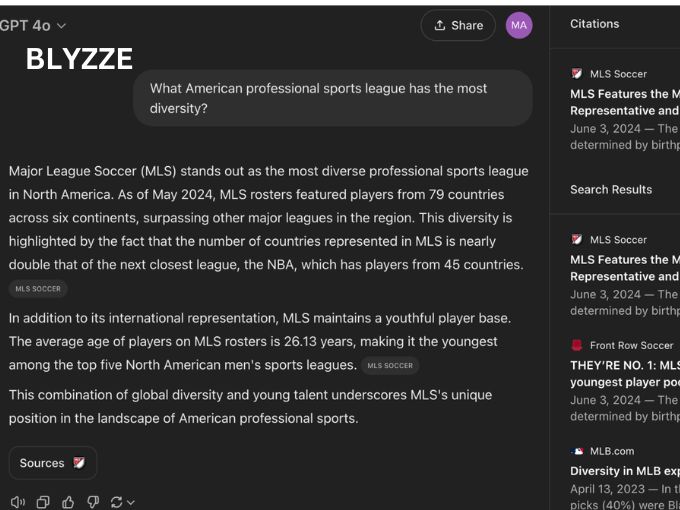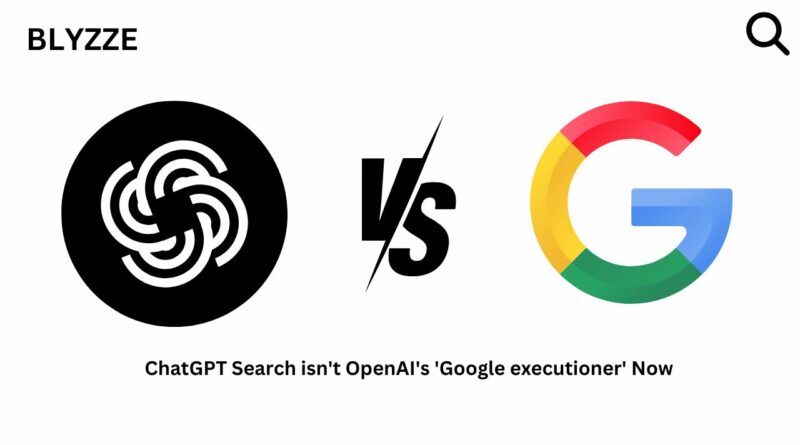ChatGPT Search isn’t OpenAI’s ‘Google executioner’ Now
Last week, OpenAI delivered its profoundly expected search item, ChatGPT Search, to take on Google. The business has been preparing for this second for a really long time, provoking Google to infuse computer based intelligence created replies into its center item recently, and delivering a few humiliating mental trips all the while. That disaster persuaded many individuals to think that OpenAI’s web crawler would really be a “Google executioner.”
However, subsequent to involving ChatGPT Search as my default web search tool (you can, as well, with OpenAI’s expansion) for about a day, I immediately changed back to research. OpenAI’s hunt item was great here and there and offered a brief look at what a simulated intelligence search connection point might one day at some point seem to be. However, for the present, it’s still too unreasonable to even think about utilizing as my everyday driver.
ChatGPT Search was every so often valuable for surfacing continuous responses to questions which I would have in any case needed to dig through numerous advertisements and search engine oriented articles to find. Eventually, it presents succinct responses in a decent organization: You get connections to the data’s sources on the right side, with titles and a short bit that affirms that the simulated intelligence created message you just read is right.
In any case, it frequently only felt unreasonable for regular use.
In its flow structure, ChatGPT Search is questionable for what individuals use Google for the most: Short, navigational inquiries. Inquiries more limited than four words address the majority of searches on Google; these are much of the time only a couple of catchphrases that get you to the right page. They’re the sort of searches the vast majority are scarcely even cognizant they’re making the entire day, and it Google will in general do well overall.
I’m discussing “Celtics score,” “cotton socks,” “library hours,” “San Francisco climate,” “bistros close to me,” and different inquiries that make Google the doorstep to the web for billions of individuals.

My trial with ChatGPT Search was very disappointing on occasion, and it made me aware of exactly the number of catchphrase look through I act in a day. I couldn’t dependably find data utilizing short questions, and without precedent for years, I really yearned for Google Search.
Try not to misunderstand me, Google has declined in quality for the last 10 years or somewhere in the vicinity, to a great extent since it’s been overwhelmed with promotions and Web optimization. All things considered, I continued to open Google in a different window during my test in light of the fact that ChatGPT Search couldn’t get me a right response or website page.
Who might win: ChatGPT Search or short inquiries?
I composed in “Pieces score” to check how a live NBA game between the Denver Chunks and the Minnesota Timberwolves was going. ChatGPT let me know the Pieces were winning despite the fact that they were truly losing, and showed a Timberwolves score that was 10 focuses lower than it truly was, as per a Google result simultaneously.
Some other time, I attempted “profit today,” to check the organizations revealing quarterly outcomes that could influence stock costs on Friday. ChatGPT let me know that Apple and Amazon were detailing their outcomes on Friday, despite the fact that the two organizations had proactively revealed a day sooner. As such, it fantasized and made up data.
In another test, I composed in a tech chief’s name to track down their contact data. ChatGPT showed me a synopsis of the individual’s Facebook profile, and fantasized a connection to their LinkedIn page, which created a mistake message when I clicked it.
Some other time, I composed in “loose denim pants,” expecting to shop. ChatGPT Search depicted to me what loose denim pants were in any case (a definition I didn’t require), and prescribed I go to Amazon.com for a decent pair.

Perhaps a ‘Google executioner’ sometime in the not so distant future, however not today
This was not an inconsequential send off for OpenAI. Sam Altman applauded the component for being “great,” despite the fact that he’s known for making light of his startup’s computer based intelligence abilities. The explanation this time is different may have something to do with search being perhaps of the greatest business on the web, and OpenAI’s form could be a genuine danger to its greatest rival, Google.
Truth be told, Google Search is a 25-year-old item and ChatGPT Search is spic and span. In a blog entry, OpenAI says it intends to further develop the element in light of client criticism before long, and it appears to be without a doubt this could be a huge area of venture for the startup.
Shockingly, ChatGPT Search is somewhat great at noting long, worked out research questions. Something like, “What American pro athletics association has the most variety?” isn’t an inquiry you could undoubtedly respond to with Google, however ChatGPT Search is very great at scratching different sites and getting you a fair response in only several seconds. (Perplexity is likewise very great at these inquiries, and its hunt item has been around for well north of a year.)
Contrasted with the customary variant of ChatGPT, which previously had web access, the pursuit highlight feels like a superior connection point for perusing the web. There are all the more clear connects to the sources where ChatGPT gets its data now — for reports, ChatGPT will tap the media organizations that it’s been working out every one of those permitting agreements with.
The issue is that most pursuits on Google are not such lengthy inquiries. To truly supplant Google, OpenAI needs to further develop these more pragmatic, diminutive ventures individuals are now making over the course of their day.
OpenAI isn’t modest about the way that ChatGPT Search battles with short inquiries.
“With ChatGPT search, we’ve seen that clients will quite often begin posing inquiries in additional normal ways than they have in the past with other hunt devices,” said OpenAI representative Niko Felix in a proclamation messaged to TechCrunch. “Simultaneously — web navigational inquiries — which will generally be short, are very normal. We intend to work on the experience for these sorts of inquiries over the long haul.”
All things considered, these short watchword inquiries have made Google crucial, and until OpenAI gets them right, Google is as yet going to be the backbone for some individuals.
There two or three justifications for why OpenAI may be battling with these short questions. The first is that ChatGPT depends on Microsoft Bing, which is generally viewed as a substandard motor contrasted with Google. The subsequent explanation is that enormous language models may not be appropriate to these short prompts. LLMs regularly need completely worked out inquiries to create compelling responses. Maybe there should be some re-provoking — running short inquiries through a LLM as a more drawn out question — before ChatGPT Search can do such hunts well.

However OpenAI has just now delivered its hunt item, Perplexity’s own simulated intelligence search device is as of now serving 100 million inquiry questions seven days. Perplexity has likewise been promoted as a “Google executioner,” however it runs into similar issues with short questions.
Aravind Srinivas, the President of Perplexity, examined how individuals utilize his item diversely contrasted with Google Search at TechCrunch Upset recently: “The middle number of words in a Google question is somewhere close to two and three. In Perplexity, it’s around 10 to 11 words. So obviously, a greater amount of the utilization in Perplexity is individuals coming and straightforwardly having the option to pose an inquiry. Then again, at Google, you’re composing in a couple of catchphrases to get to a specific connection immediately.”
I think the way that individuals are not involving these items for web route presents a more concerning issue than OpenAI or Perplexity are letting on. It implies that ChatGPT Search and Perplexity are not swapping Google Quest for the undertaking it’s best at: web route.

All things considered, these simulated intelligence items are filling another specialty, surfacing data that gets covered in conventional pursuit. Try not to misunderstand me, that is important by its own doing.
OpenAI and Perplexity both case they will chip away at getting better at these short questions. Up to that point, I don’t consider either these items can completely supplant Google. To supplant the doorstep to the web, it needs to make a superior one.



